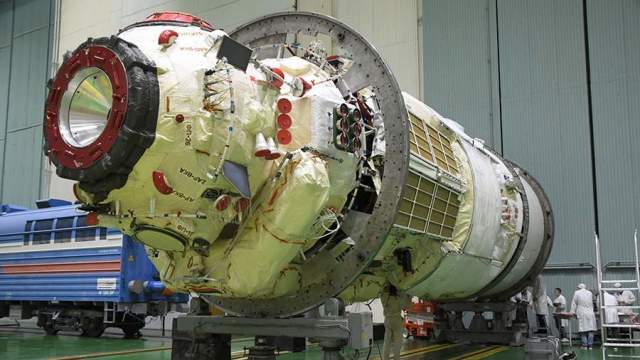The multifunctional laboratory module (MLM) "Nauka" successfully docked to the International Space Station (ISS) on July 29, it follows from the live broadcast that " Roscosmos ".
The Nauka module automatically docked to the docking node of another Russian ISS module — Zvezda.
Earlier, on July 26, Russia undocked the Pirs module from the Zvezda module on the ISS. Pirs has made room for the Nauka module, which was launched from the Baikonur Cosmodrome on July 21 and put into low-Earth orbit.
The MLM became the first Russian module sent to the ISS in 11 years. The last was the small research module "Dawn" in 2010.
The Science module was developed by RSC Energia in cooperation with the Khrunichev Center (part of Roscosmos) in order to expand the functionality of the Russian segment of the ISS. Due to it, the area of the Russian segment of the station will not only increase, but also workplaces with universal mounts for scientific equipment will be assembled, which will make it easy to change the equipment necessary for experiments.
In the "Science" there is a sleeping place for an astronaut, a toilet, oxygen regeneration systems from water and water from urine, workplaces for conducting experiments. The module is also equipped with an airlock for carrying out scientific equipment outside the station and a European Robotic Arm (ERA) remote manipulator.
MLM became the fifth module of the Russian segment after the "Dawn" (created at the expense of NASA, launched in 1998), the service module "Zvezda "(2000), the small research modules" Search "(2009) and" Dawn " (2010).
The launch of Nauka will bring the completion of the construction of the Russian segment of the station closer. On November 24 of this year, it is planned to launch the Berth node module, which will probably become the last compartment.

